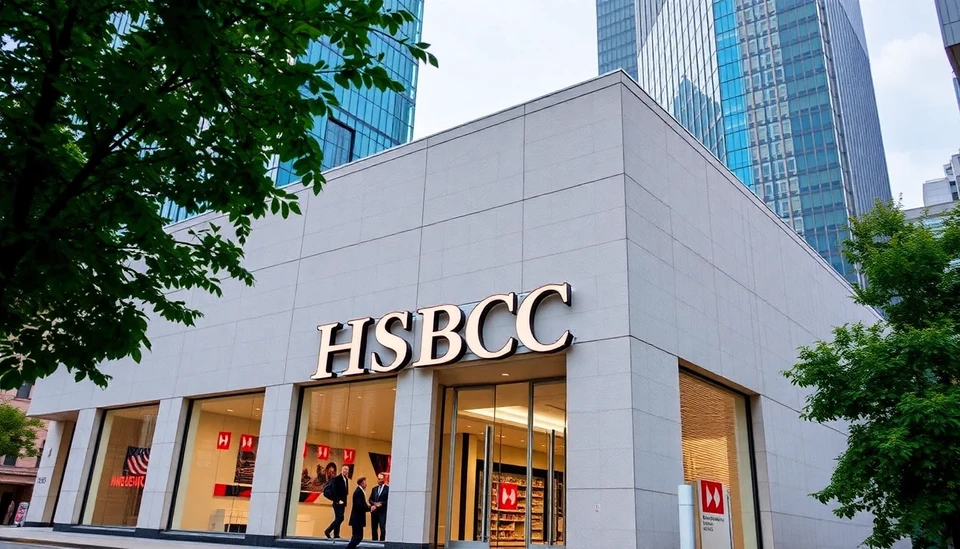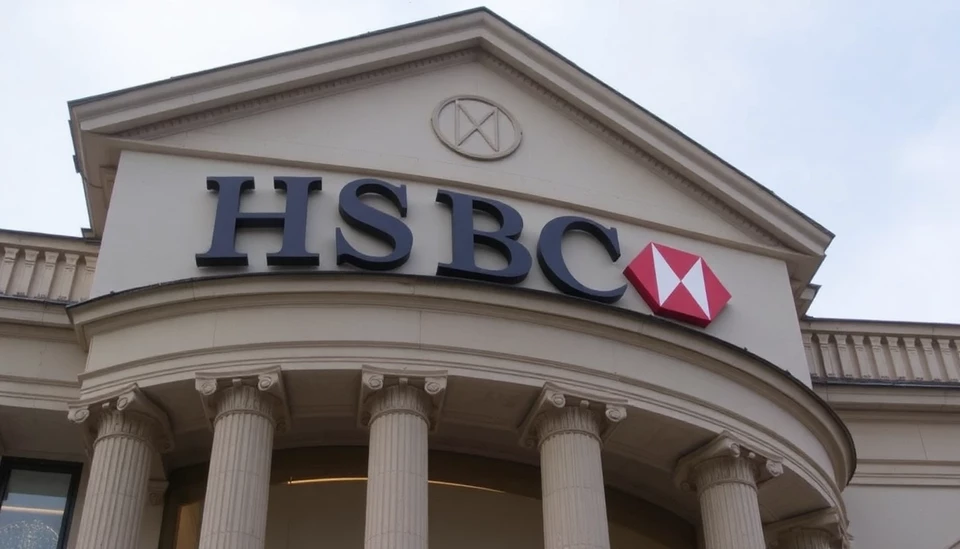
In a significant move that underscores the evolving dynamics of the financial sector in China, HSBC Holdings has decided to retreat from its credit card business within the country. This decision is reported by Reuters and has garnered attention given the current competitive environment in the Chinese banking industry.
This strategic pullback comes as various international banks reassess their operations in China, a market that has seen both rapid growth and increased scrutiny. HSBC’s decision reflects not only internal assessments but also external pressures that may be influencing the broader landscape for foreign banks operating in China.
HSBC's credit card business has faced numerous challenges in recent years. The competitive landscape in China’s financial sector has intensified, with local banks strengthening their foothold and international players finding it increasingly difficult to navigate regulatory hurdles and adapt to shifting consumer preferences.
The withdrawal from the credit card sector is particularly notable as HSBC has historically been one of the prominent foreign banks in China. This development suggests a potential reallocation of resources and a shift in strategic focus for the bank as it seeks to optimize its presence in other profitable segments of the market.
Market analysts believe this move might allow HSBC to streamline operations and focus on areas where it can leverage its unique strengths. The wholesale banking sector, wealth management services, and other strategic segments may become priority areas for investment and growth as HSBC navigates the complexities of the Chinese market.
Moreover, HSBC's decision aligns with a broader trend observed in the banking industry, where many institutions are recalibrating their strategies amidst a landscape marked by regulatory challenges and evolving consumer habits. By stepping back from credit card operations, HSBC is likely aiming to enhance operational efficiency and reduce exposure to sectors less dependent on its core competencies.
As the global banking sector continues to grapple with economic uncertainties, HSBC's retraction from the credit card market in China could serve as a case study for other banks faced with similar dilemmas. The ability to pivot strategically may become paramount for international banks seeking to maintain relevance and competitiveness in rapidly changing markets.
This decision is expected to impact various stakeholders, including existing customers and employees within the credit card division. HSBC has yet to announce specific plans regarding the transition for affected customers or the future of personnel involved in the credit card segment.
As the situation develops, market observers will be keenly watching how HSBC reallocates its focus and whether this strategic shift pays off in terms of enhanced market positioning and profitability in a challenging economic environment.
In conclusion, HSBC's withdrawal from its credit card business in China exemplifies the bank's efforts to realign its operations to face burgeoning challenges head-on. By concentrating on more lucrative areas of its business, HSBC aims to remain competitive in a complex and ever-evolving financial landscape.
#HSBC #CreditCards #Banking #ChinaMarket #FinancialNews #InternationalBanking #RegulatoryChallenges #MarketStrategy #EconomicTrends
Author: Samuel Brooks




